Low lights, high spirits: SASA celebrates largest Diwali yet with song and sparklers
November 17, 2023
“Huh, I’m not nervous.”
That’s the first thought that went through Adi Pall-Pareek ’24’s mind as he stood in front of a crowd in a dimly-lit Moulton Main Lounge, tightly gripping Dandiya sticks in his hands. Within seconds, music filled the room as he and a group of other dancers performed the finale for a Bollywood-inspired medley. This was Diwali, the Hindu festival of lights.
“Usually I’m nervous when I’m in front of a crowd, but [Diwali] wasn’t like that. It felt like I was performing for family and friends,” Pall-Pareek, a member of the South Asian Student Association (SASA), said.
The group dance routine was the culmination of the SASA’s annual Diwali celebration. Diwali is a festival of lights that honors Lakshmi, the Hindu goddess of prosperity. Although primarily a Hindu festival, Diwali is widely celebrated across South Asian cultures.
For SASA members, however, Diwali also represents the South Asian community formed at Bowdoin.
“For me, Diwali is friends, family, food, light, color and happiness,” Pall-Pareek said.
“It’s a celebration of good over evil, of light over darkness … [Diwali] is a space that brings people together and creates a sense of community,” SASA leader Kavya Doraswamy ’24 said. “It’s kind of a way to show love and spread love—that’s a big part of it.”
SASA has celebrated Diwali at Bowdoin in the past,
but Saturday’s celebration was the group’s largest yet. This year’s Diwali celebration featured a robust slate of events, including a dinner catered by Bowdoin dining, a fashion show and dance routines—all emceed by Shihab Moral ’26 and Rithmaka Karunadhara ’26. SASA board members Bhadra Mishra ’24 and Shivani Schmulen ’26 led the planning committee for the event, but it took nearly all of SASA’s members to bring Diwali together in the end.
Dinner menu items included tandoori chicken, basmati rice, naan and mango lassi drinks. This was the first year that Dining Services catered the event. In previous years, the celebration has been catered from local businesses or restaurants in Portland, but Mishra and Schmulen opted for Bowdoin dining this year due to time constraints.
Senior Associate Director of Dining Adeena Fischer described the service as “seamless” in an email to the Orient.
“We were excited for this event this year,” Fischer wrote. “It’s wonderful to see the students coming together to enjoy good food, dance and celebrate the evening.”
Professors were also formally invited to attend the celebration this year. Schmulen said this was an effort to strengthen closer bonds between South Asian students and faculty members.
“Diwali is a way to bring people together at the end of the day. We’re in Maine, right? There isn’t—to my understanding—a large South Asian community here,” Schmulen said. “To extend the community to whoever wanted to come was extremely important to us.”
Directly preceding the group dance number was a solo dance performance by Doraswamy. The style of dance she performed, Bharatanatyam, originated in the Indian state of Tamil Nadu and is one of the eight traditional Indian classical dance forms. Doraswamy practiced Bharatanatyam for 12 years when she grew up in India.
Doraswamy spent upwards of five hours per week practicing leading up to the performance. This rigorous routine ended up being a boon for her.
“Doing the dance at the end of the day became one of the spaces where I wanted to go,” Doraswamy said. “It’s one of those things where you don’t realize what you’re missing until you do it, and once you do it, you don’t want to stop.”
While Doraswamy’s choreography was classical, the group dance was more contemporary. Choreographed by Doraswamy and other members of SASA, the dance took inspiration from modern Bollywood productions.
One of these fusion elements was a short routine in the middle of the group dance. As the music filled the room, Karunadhara and Pall-Pareek entered the stage and performed a comedic number in which Karunadhara landed a backflip. Karunadhara, who is from Sri Lanka, put a modern spin on Sri Lankan theatrical traditions for this segment.
“There’s a very strong tradition of physical comedy in Sri Lanka,” Karunadhara explained. “The inspiration for that skit was drawn from that.”
All of the events—from the dinner to the group dance—were constructed with the goal of creating a sense of community for all students on campus, not just those with South Asian heritage.
“Affinity groups add to the education people find outside of the classroom,” Karunadhara said. “It opens you up to thinking about things in a very different way, and I think that creates a generation of creative problem solvers that the world is in dire need of.”
The event was capped off by a sparkler ceremony outside of Moulton. For attendee Rahul Dasgupta ’24, this event made the celebration both figuratively and metaphorically “lit.”
Attendee Daniel Chi ’24, co-president of the Korean Students Association, felt the community-based aspect of the celebration was especially salient.
“This was my first Diwali. As another affinity group leader, it is great to see we can make a home in other spaces on campus,” Chi said.
Looking forward, organizers hope to continue using events and programming to develop the College’s South Asian community.
“We’re just really eager to continue to provide these spaces for people to be their most true and authentic space at the end of the day,” Schmulen said.
Shihab Moral ’26 is a member of the Bowdoin Orient.

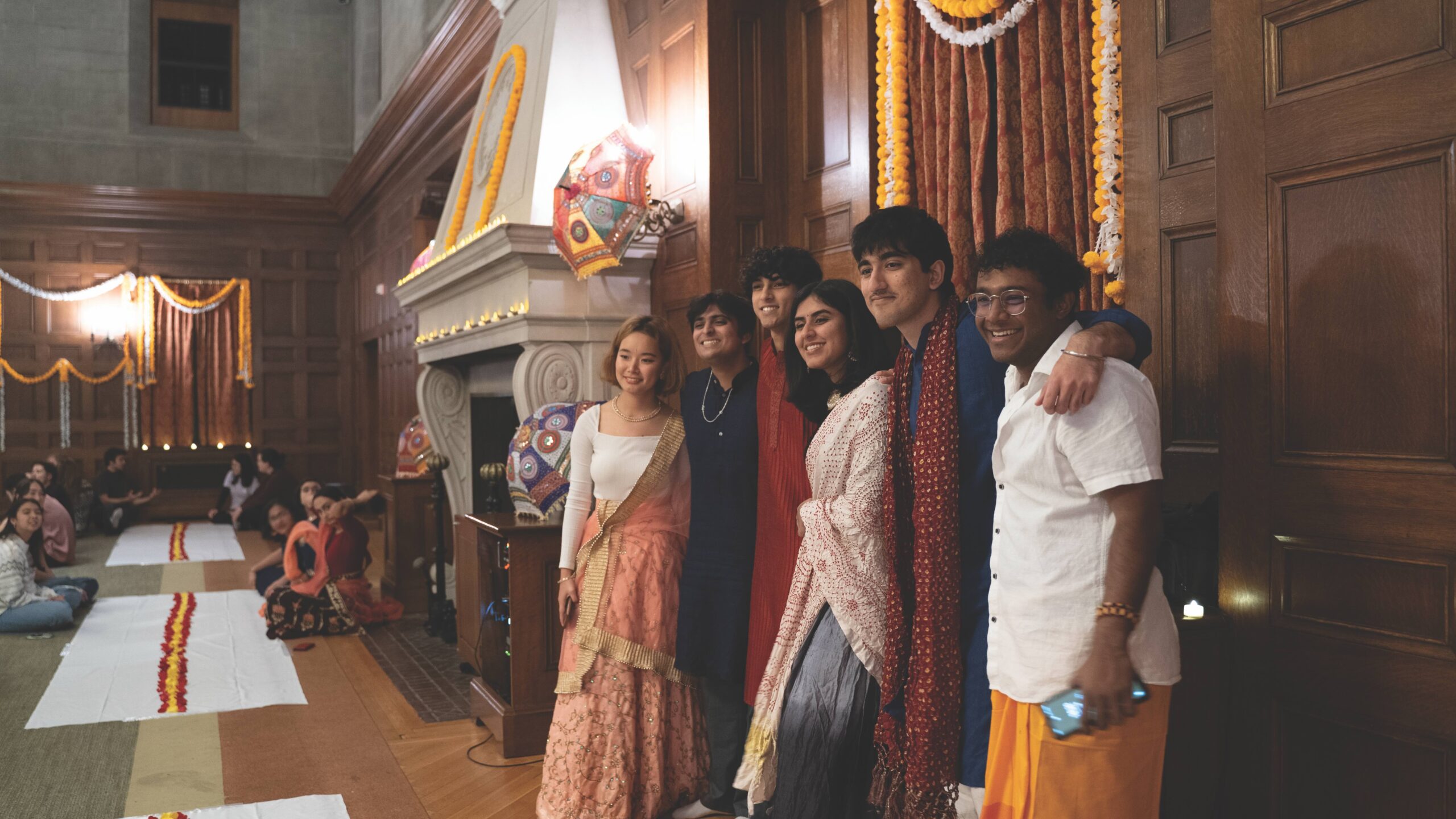
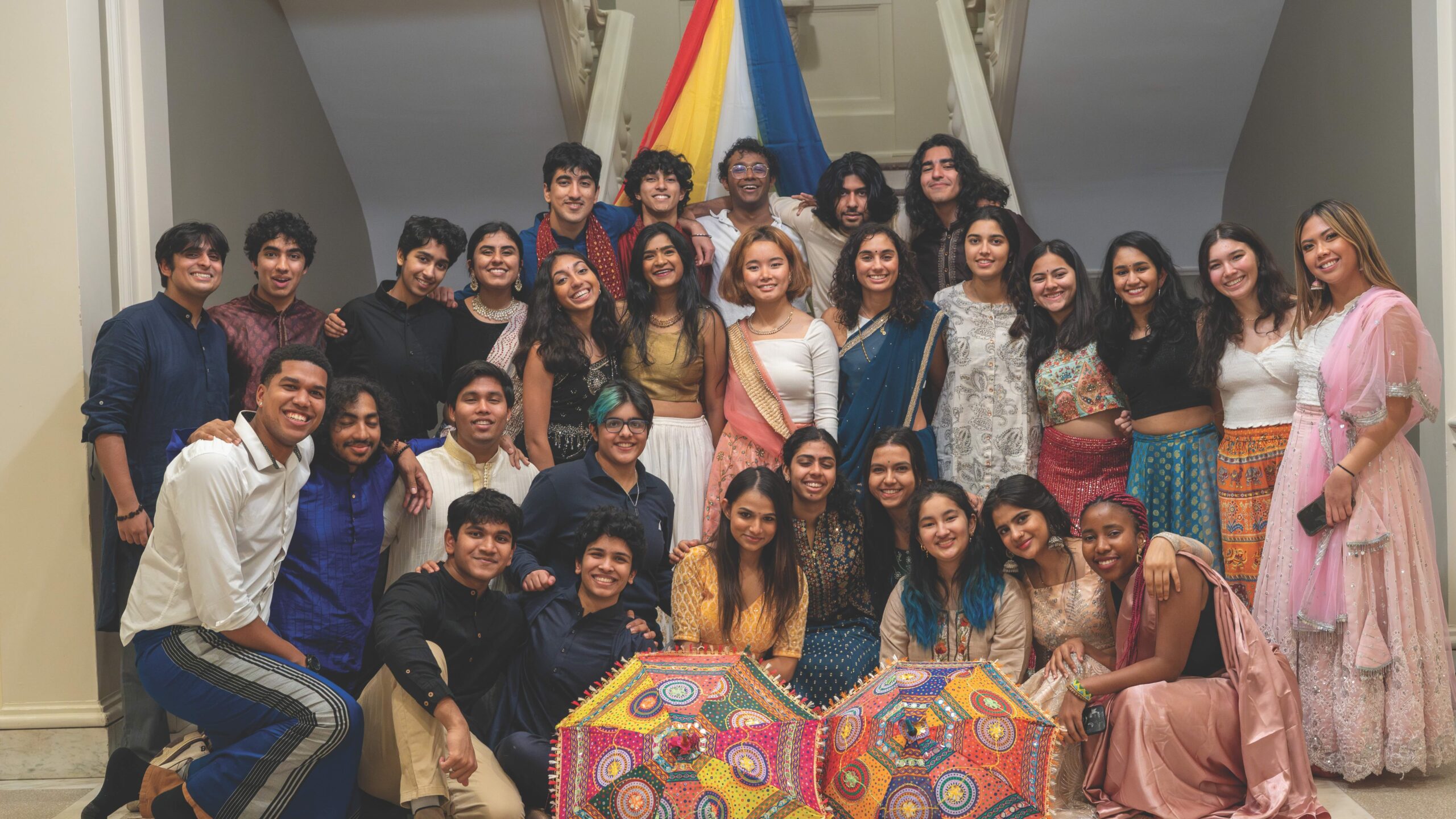
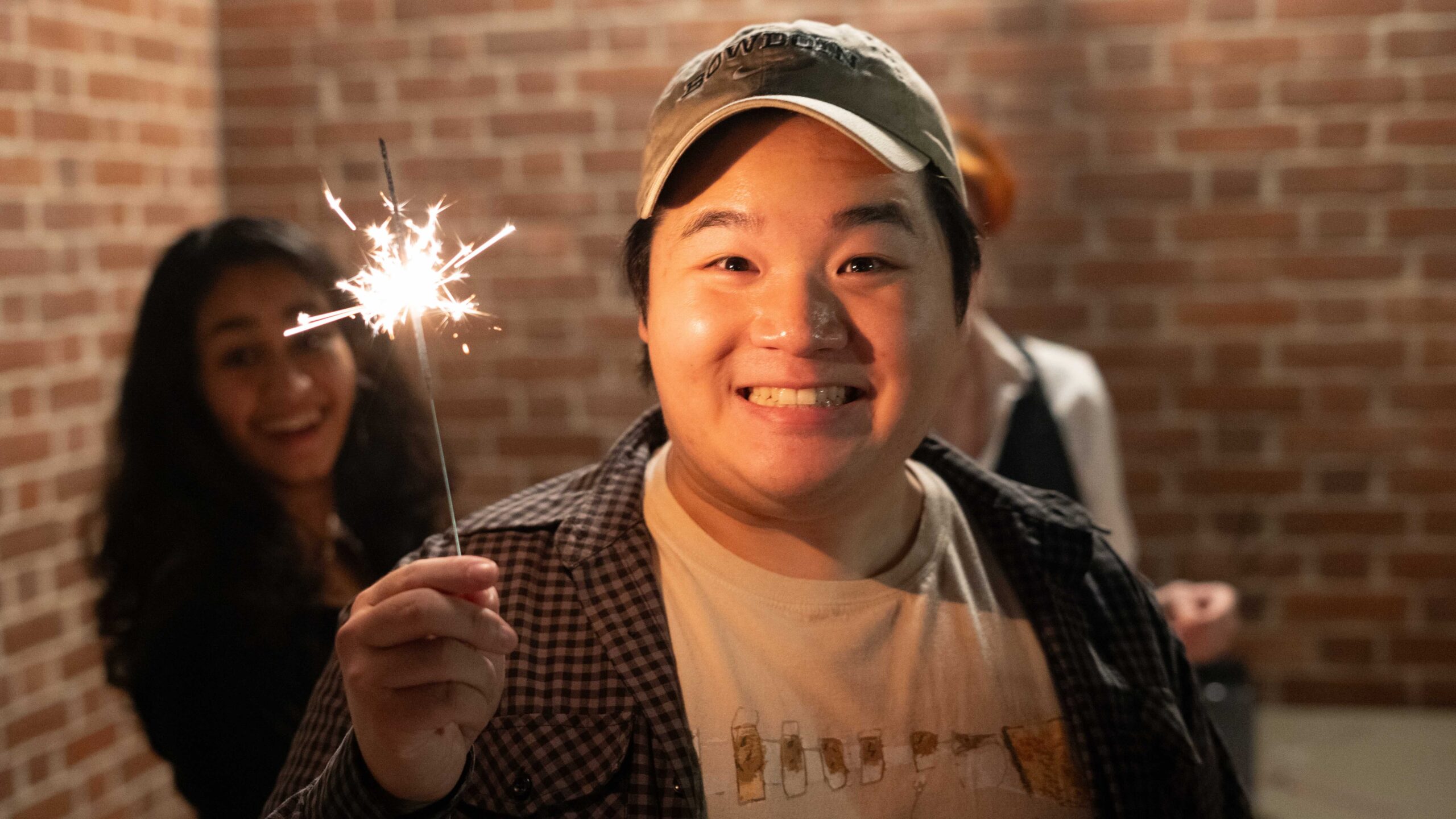
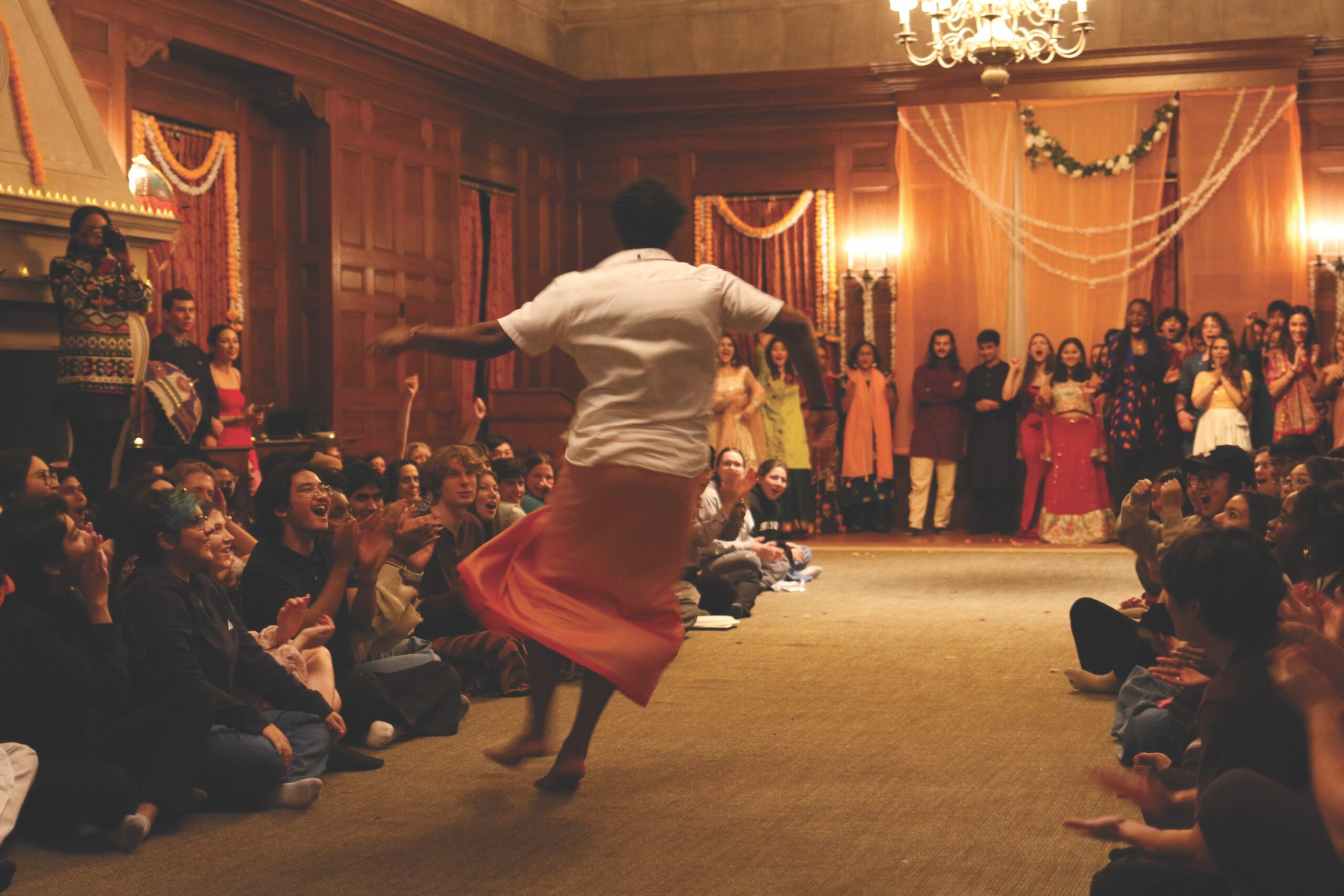
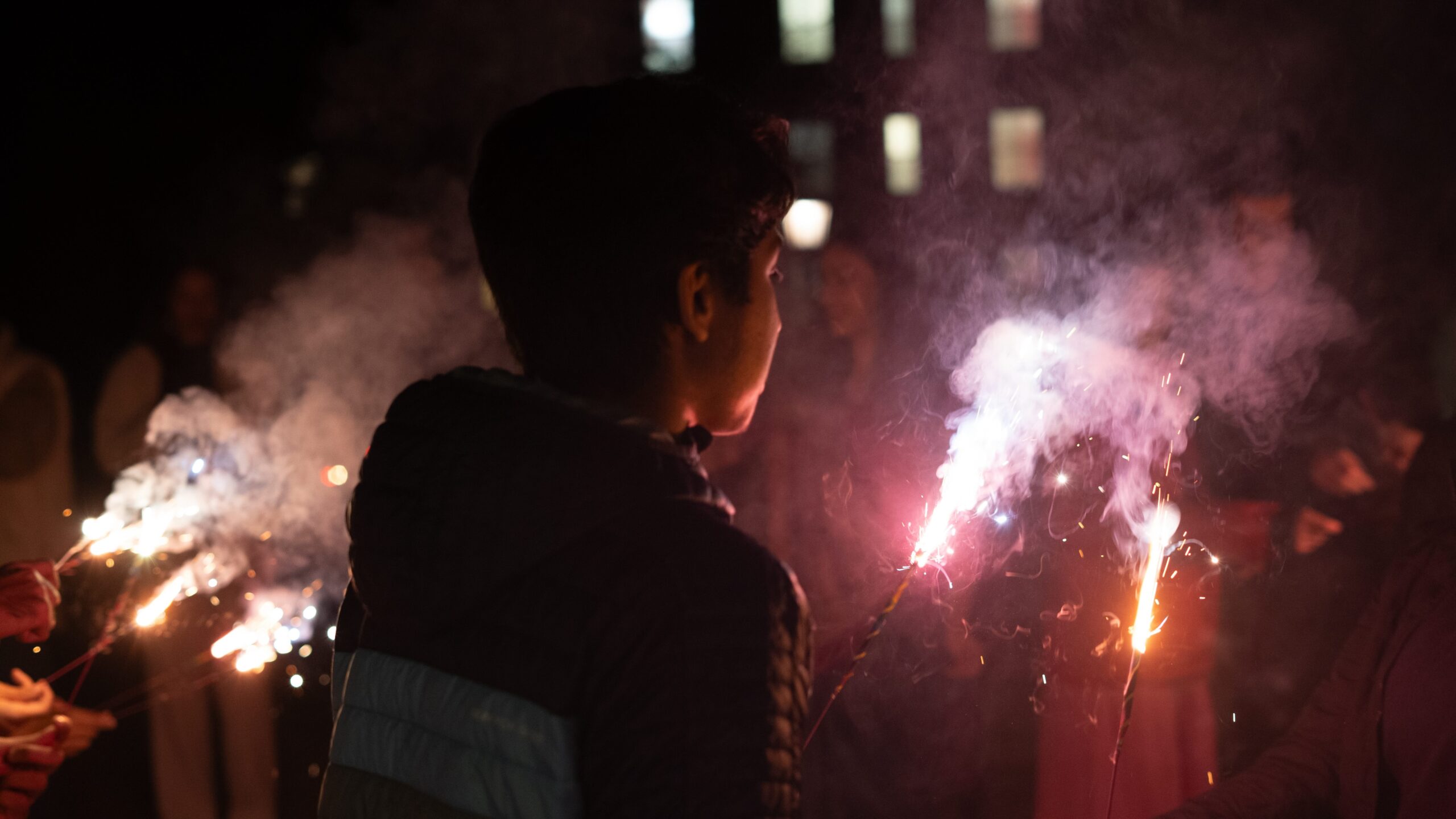
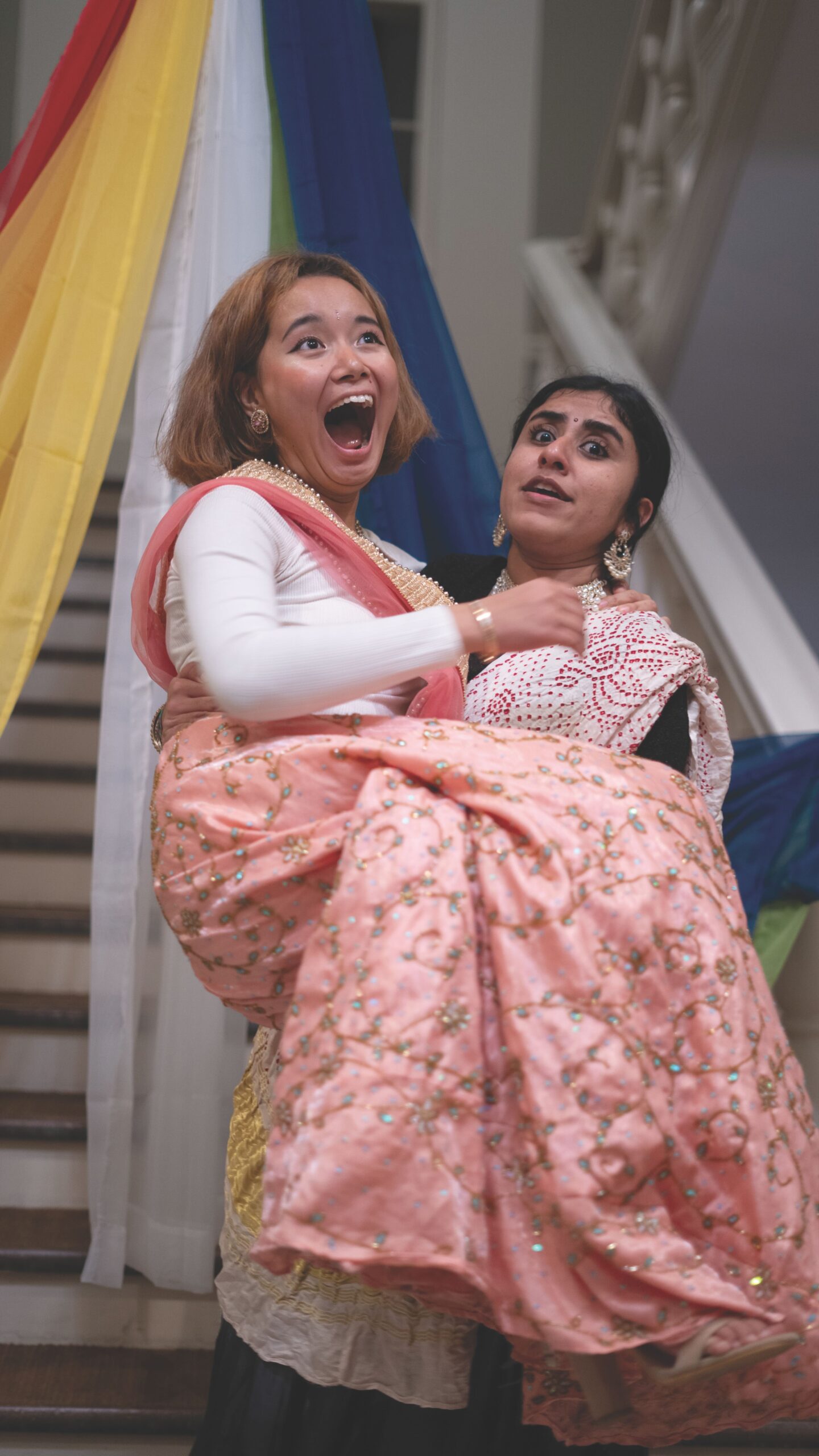
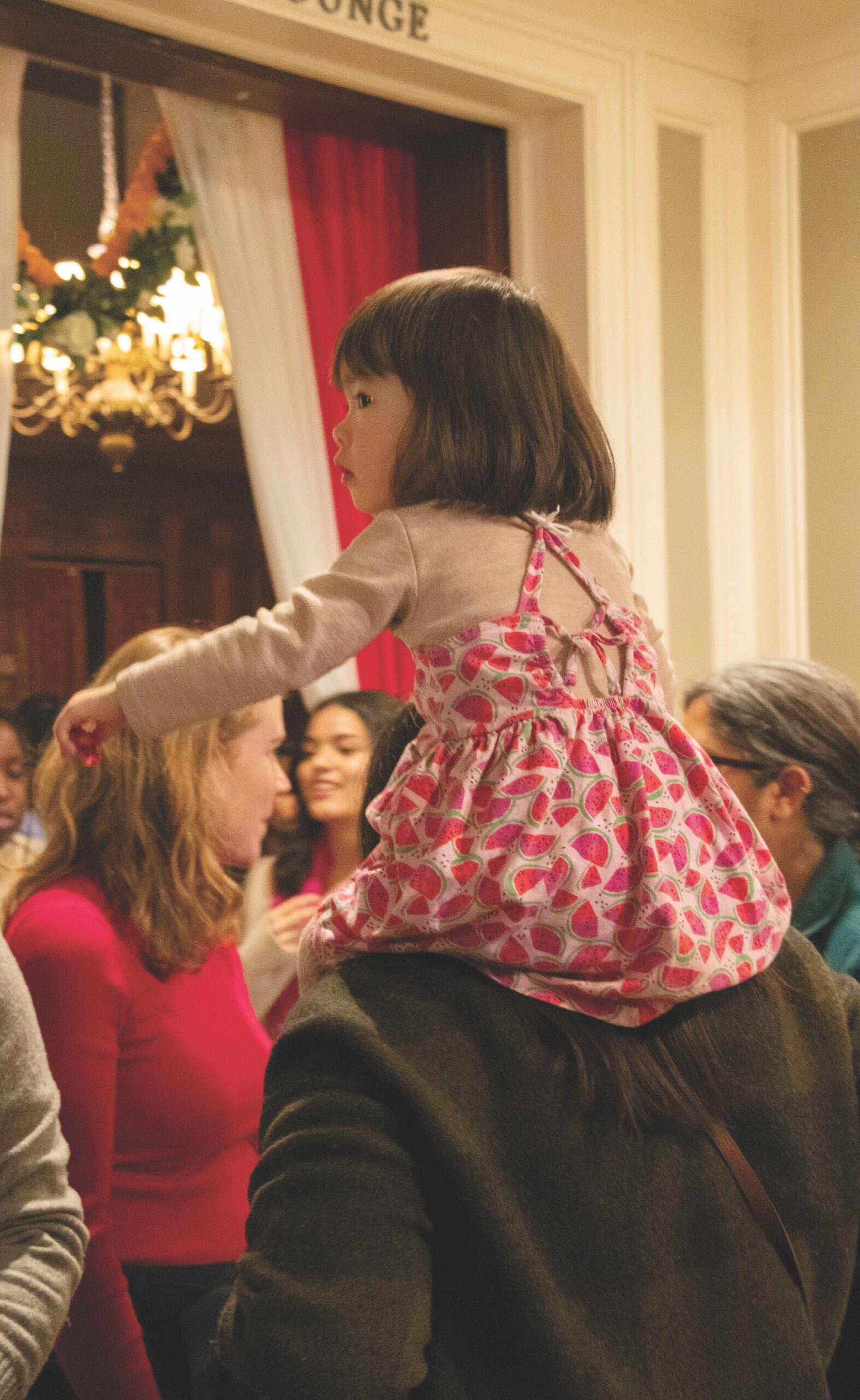
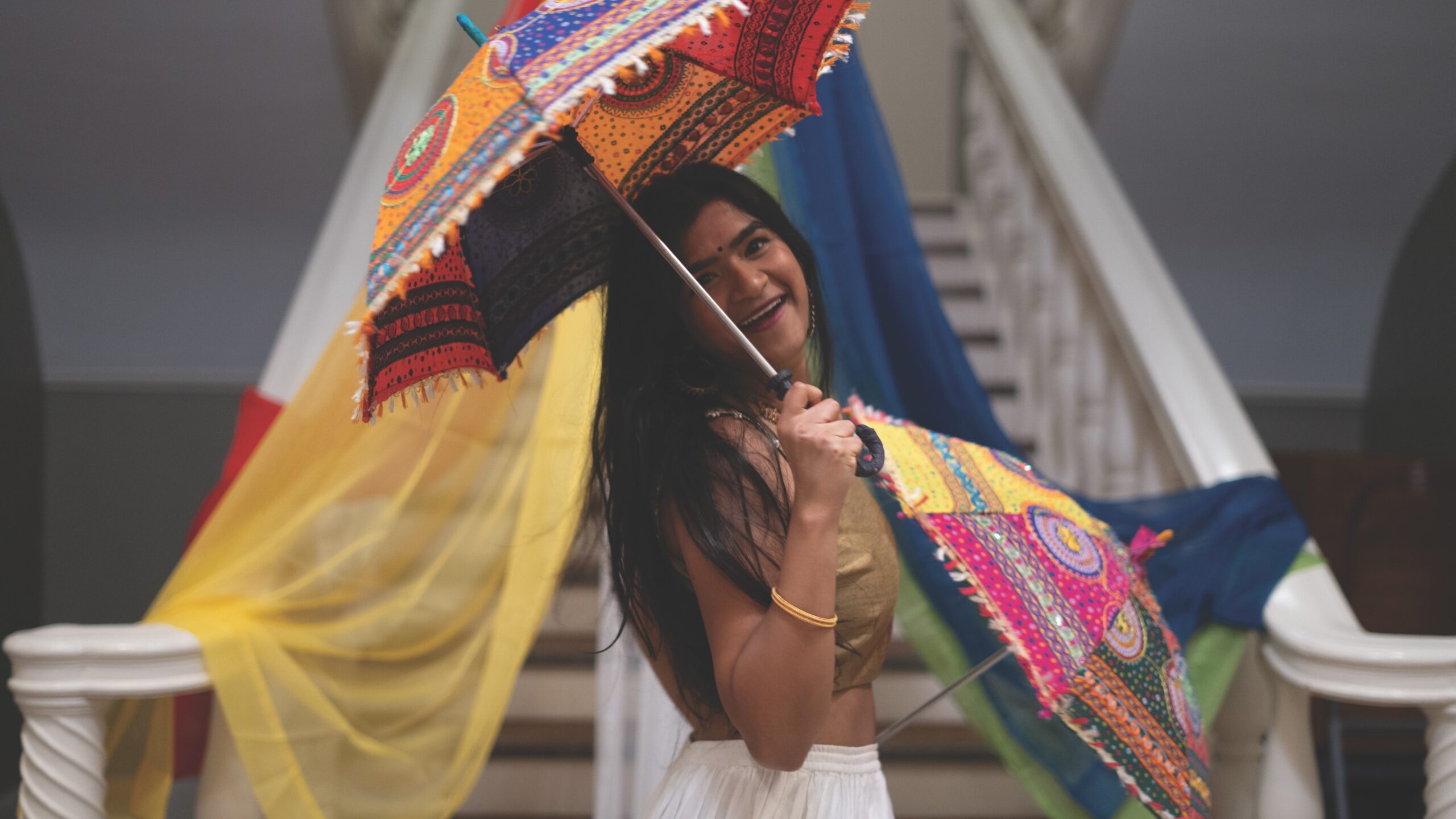
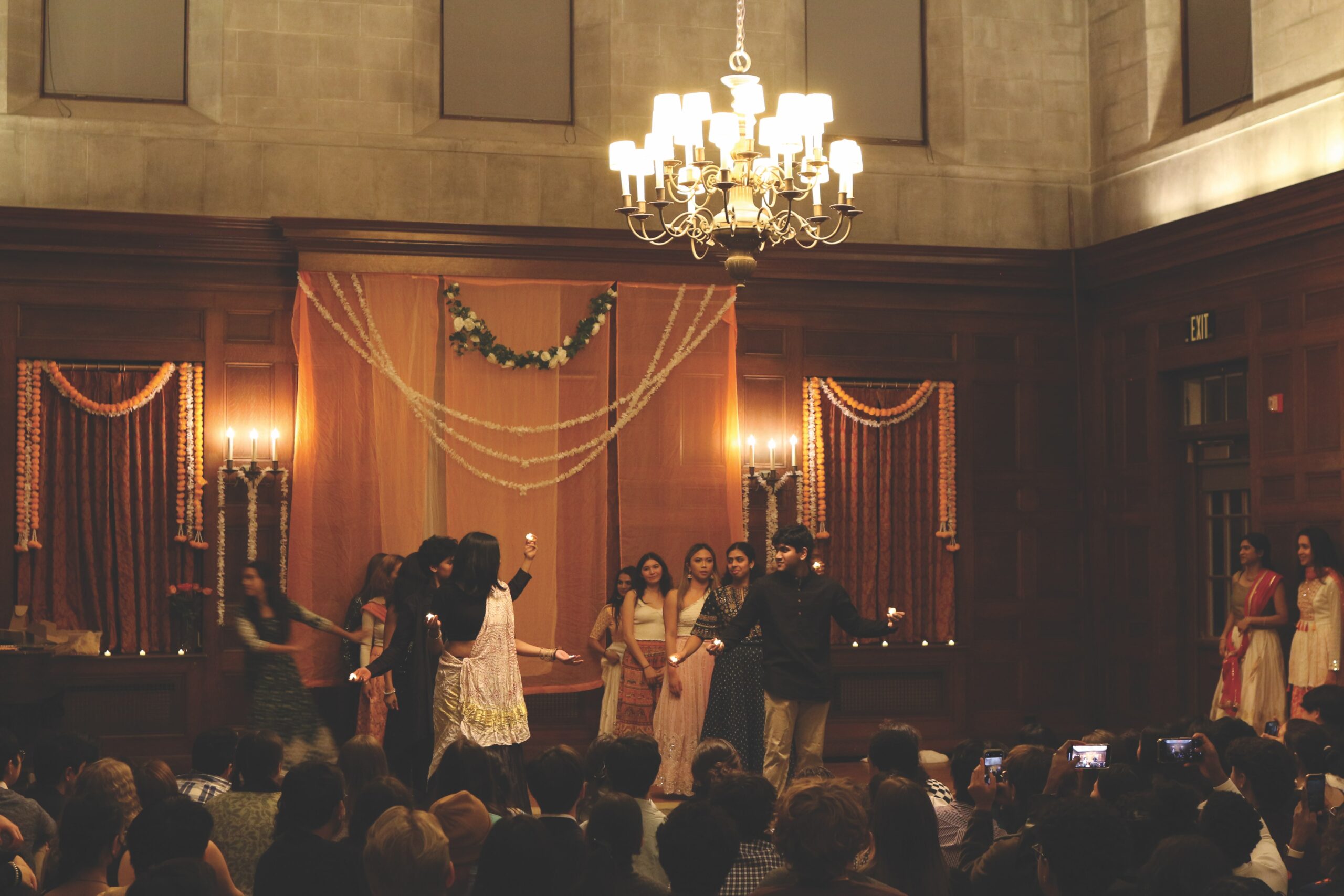
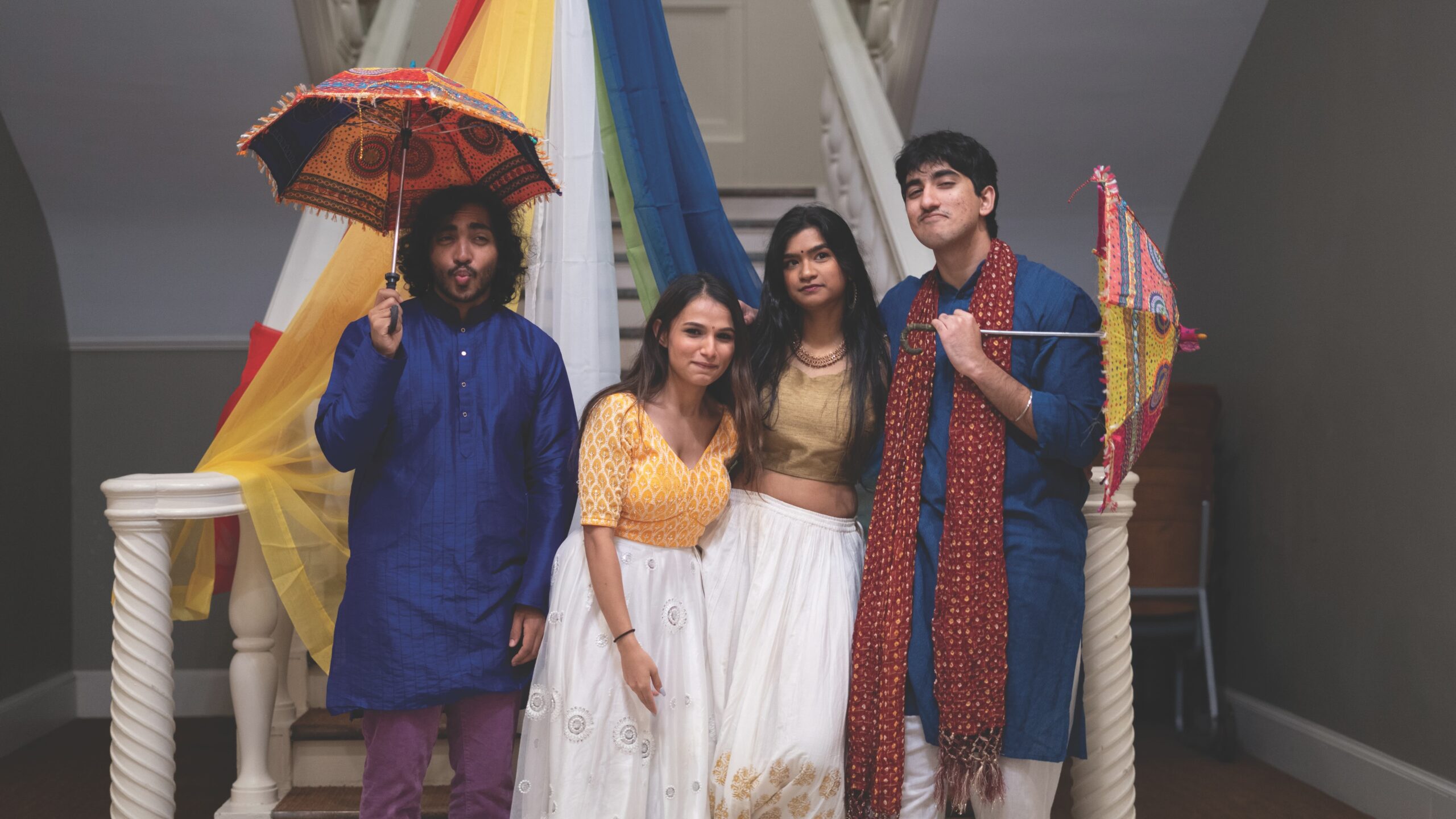
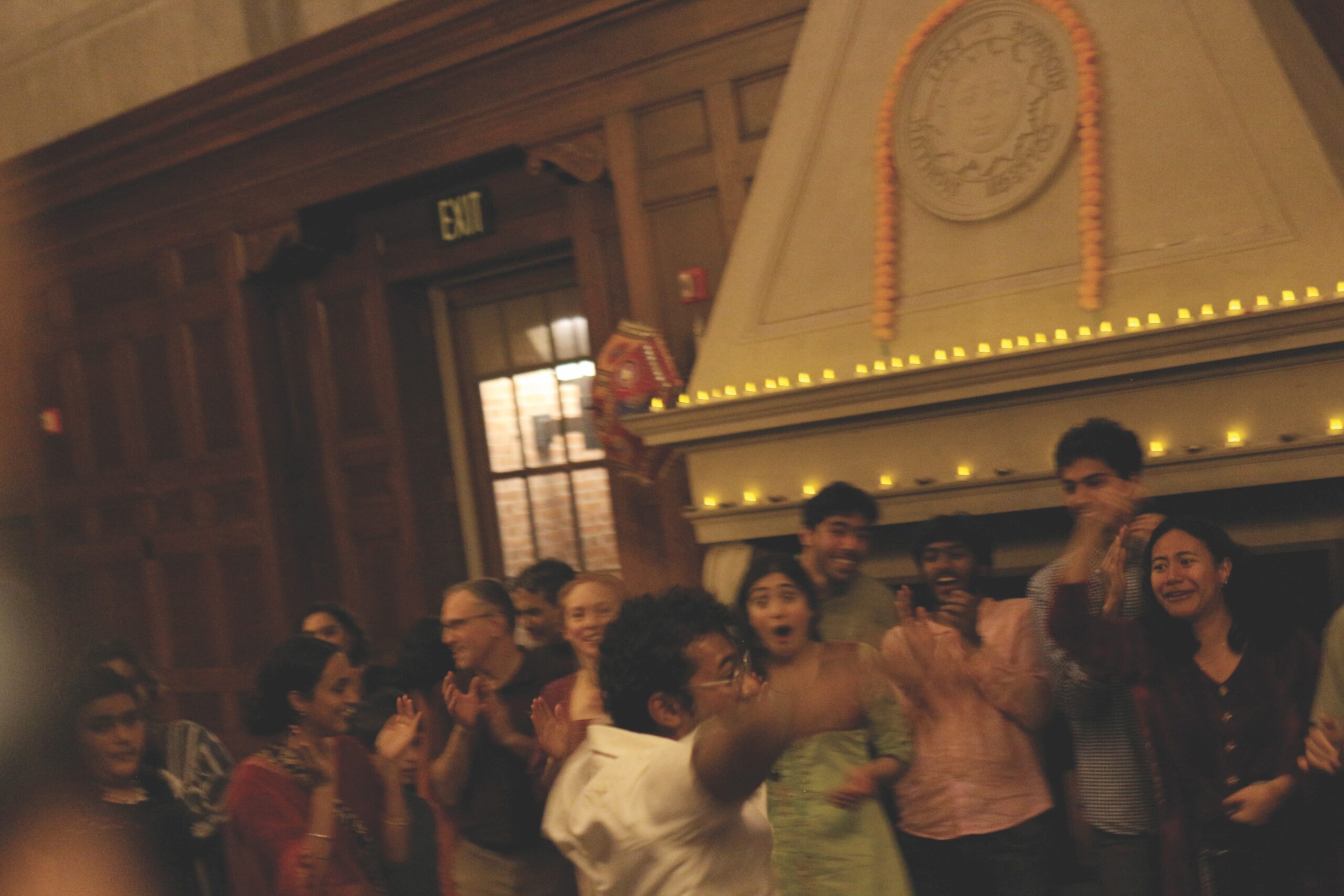
Comments
Before submitting a comment, please review our comment policy. Some key points from the policy: